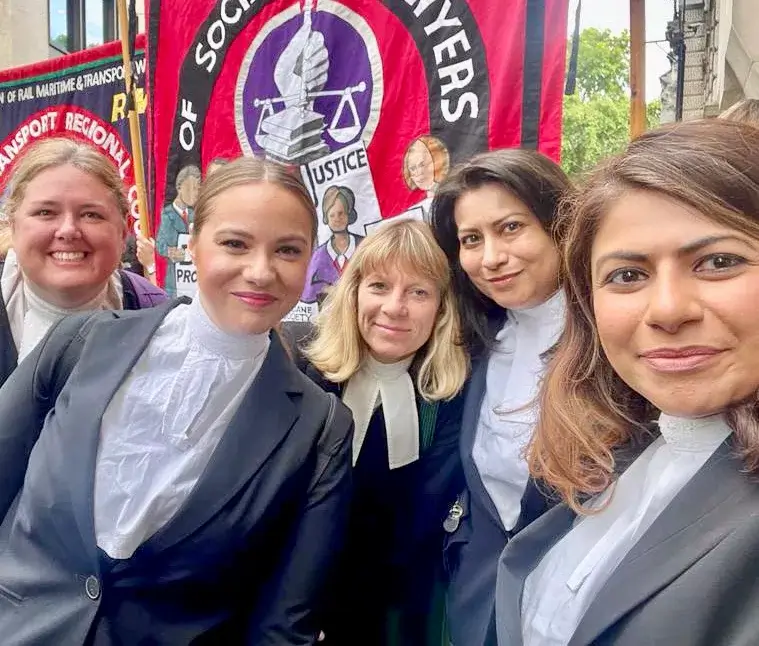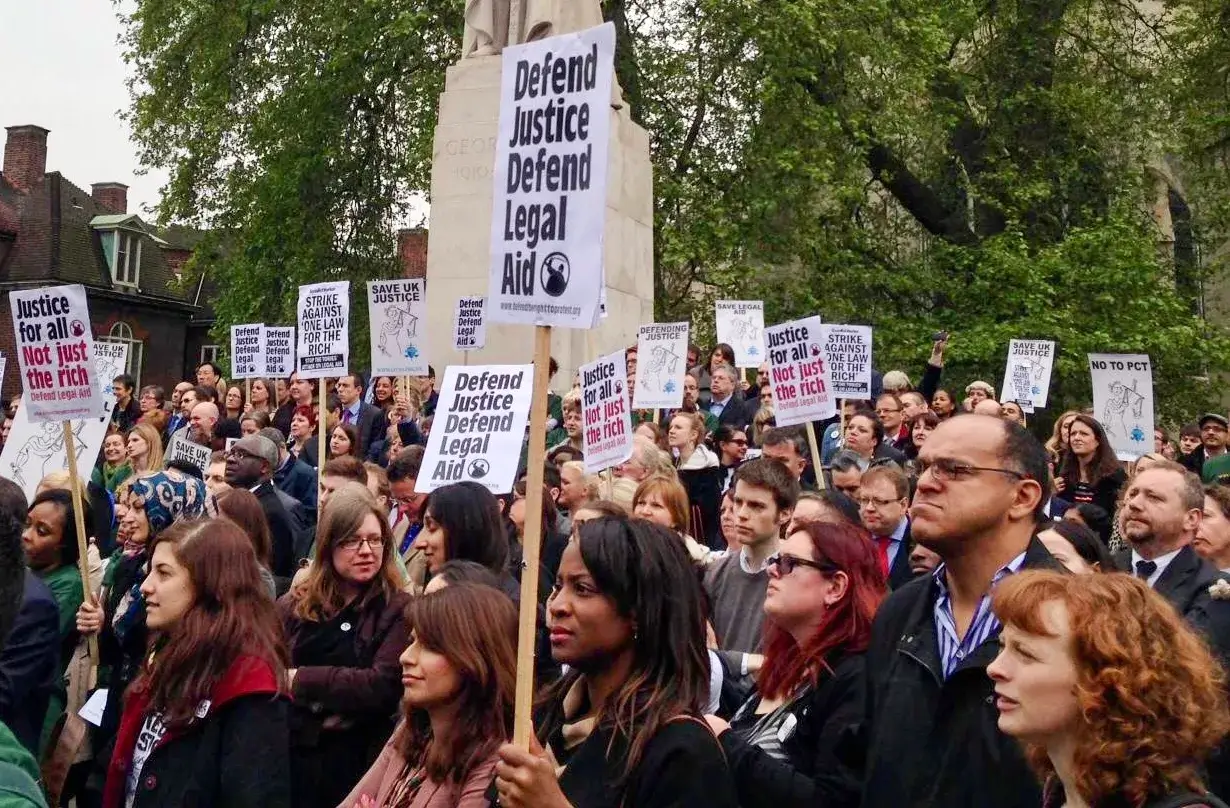
This week, the High Court is hearing a claim brought by three asylum seekers in which they challenge the Home Secretary’s secret policy of seizing the phones of those arriving to the UK on small boats. In the case of two of the claimants, it is alleged that once the Home Office had control over their mobile phones, all of their personal data was extracted and processed unlawfully.
Bernadette Smith is instructed by DPG, and represents MA and KH. She is led by Tom Hickman QC. HM is represented by Gold Jennings Solicitors .
The claimants are challenging the Home Secretary’s blanket policy of seizing mobile phones and the exercise of search and seizure powers upon asylum seekers arriving to the UK. They further challenge the practice whereby asylum seekers were compelled to provide PIN numbers under the threat of a criminal sanction, the retention of the phones and the extraction of either all data from the phone or all data covering a 30 day period, all of which they say is unlawful. The claimants also allege that the policies violated their rights under Article 8 and Article 1 of Protocol No 1 of the European Convention on Human Rights and breached data protection laws.
The claims raise fundamental issues in regards to the treatment of asylum seekers arriving in the UK. The phones were seized immediately upon arrival, often when the asylum seekers had just stepped off the boat, meaning that the Home Office took away the only opportunity the claimants had to contact loved ones to tell them they were safe, at a time when they had arrived to the UK exhausted, cold and hungry. They were not allowed to copy down numbers they needed and they were threatened with criminal prosecution if they did not comply with the demand for the PIN. The Jesuit Refugee Service UK recorded multiple accounts of Home Office phone seizures from asylum seekers and in so doing they began to get the first indication of the scale of this issue, although the true extent of the secret policy did not become known until many more months had passed. JRS UK documented these issues, advocated on behalf of the asylum seekers whose phones had been seized, and brought the issue to the attention of the Home Office. They have provided critical evidence in support of the claimants’ legal challenge.
Privacy International, a charity that defends and promotes the right to privacy, has been granted permission to intervene in the case; providing expert technical assistance to the court.
The blanket policy of seizing mobile phones from newly arrived asylum seekers is believed to have been in place since at least 2019 and continued for well over a year; the Home Secretary’s policy may have affected thousands of asylum seekers who were searched, had their phones seized, had their data extracted and retained unlawfully.
Geeta Koska and Alex Bennie of 1MCB Chambers provided assistance with research.
The case has been reported on widely, including in The Guardian and The Independent.














